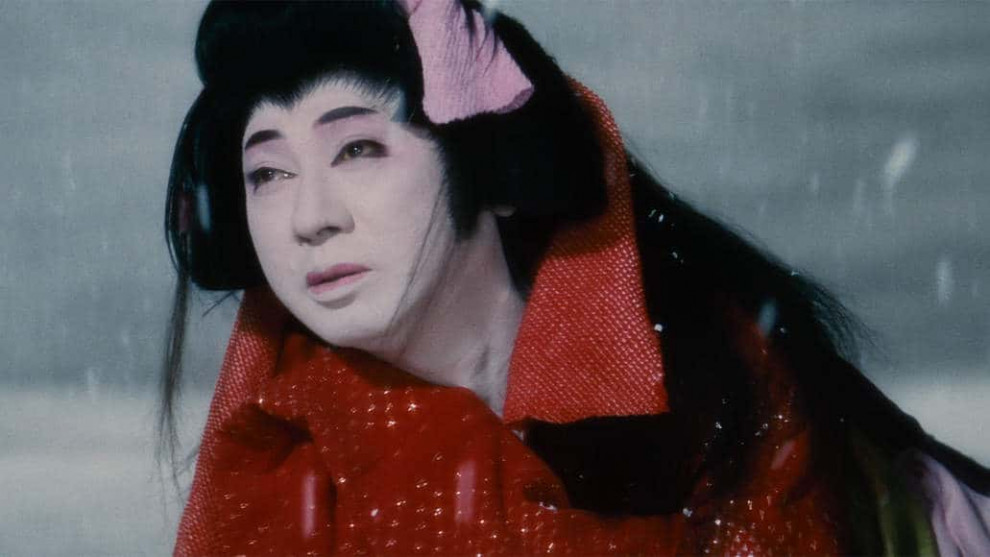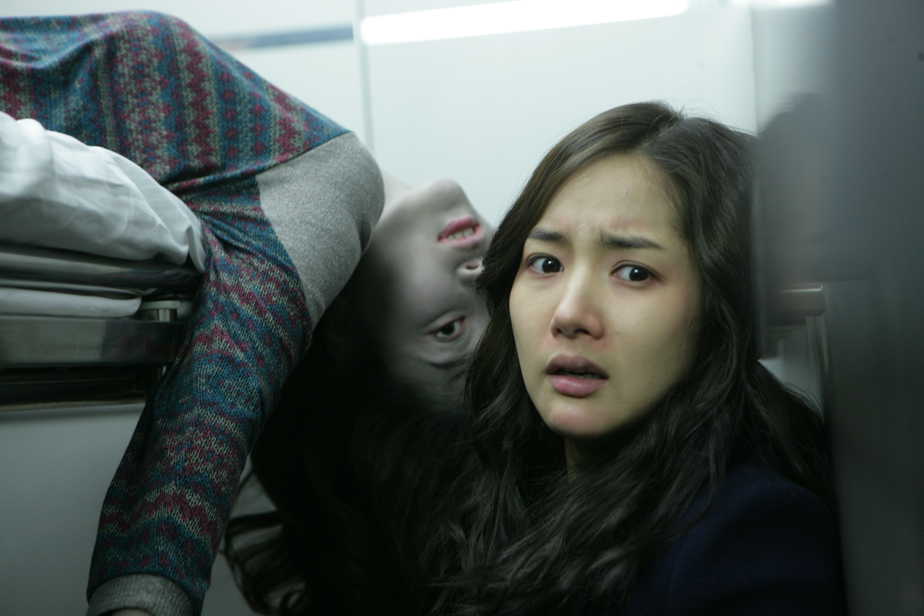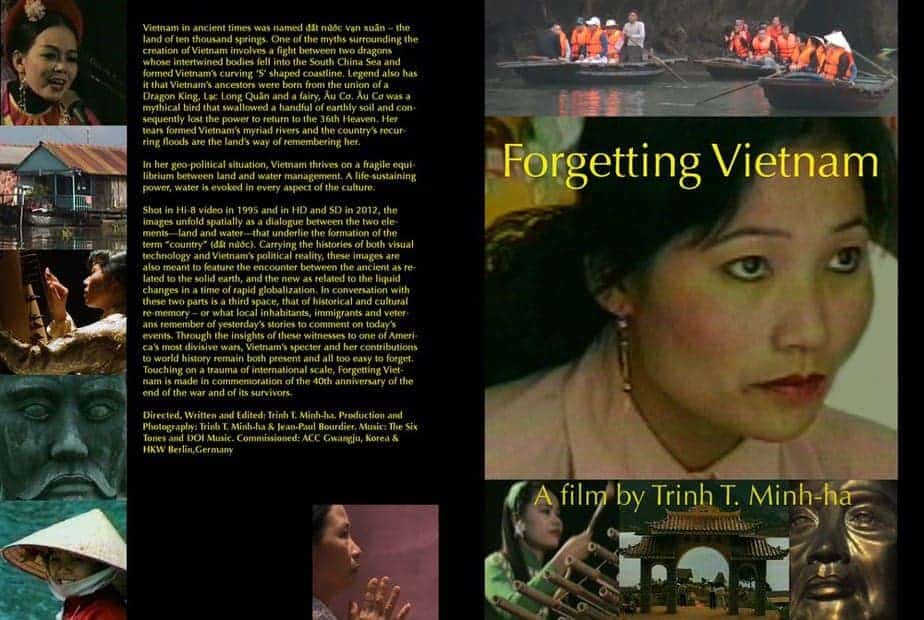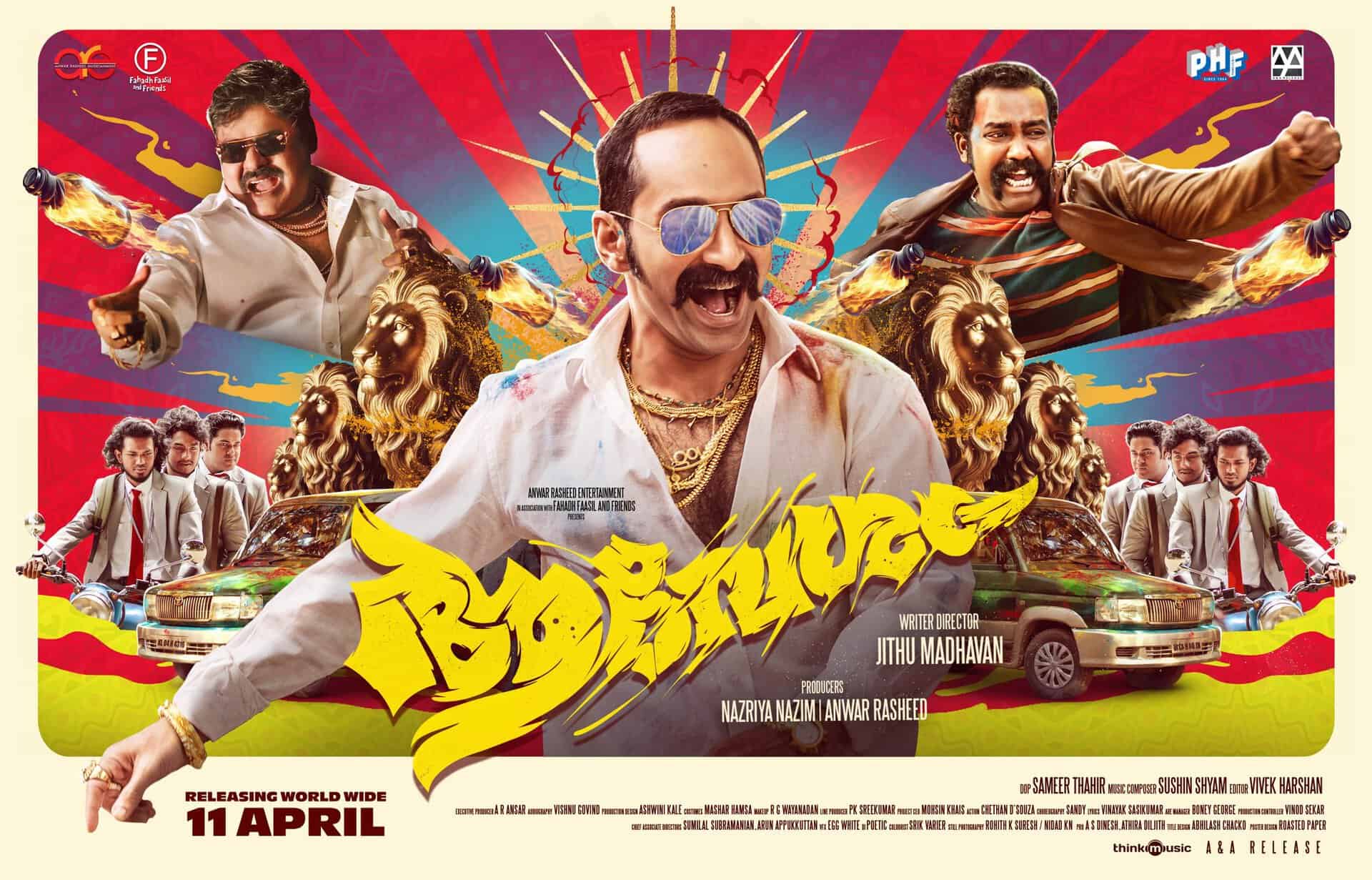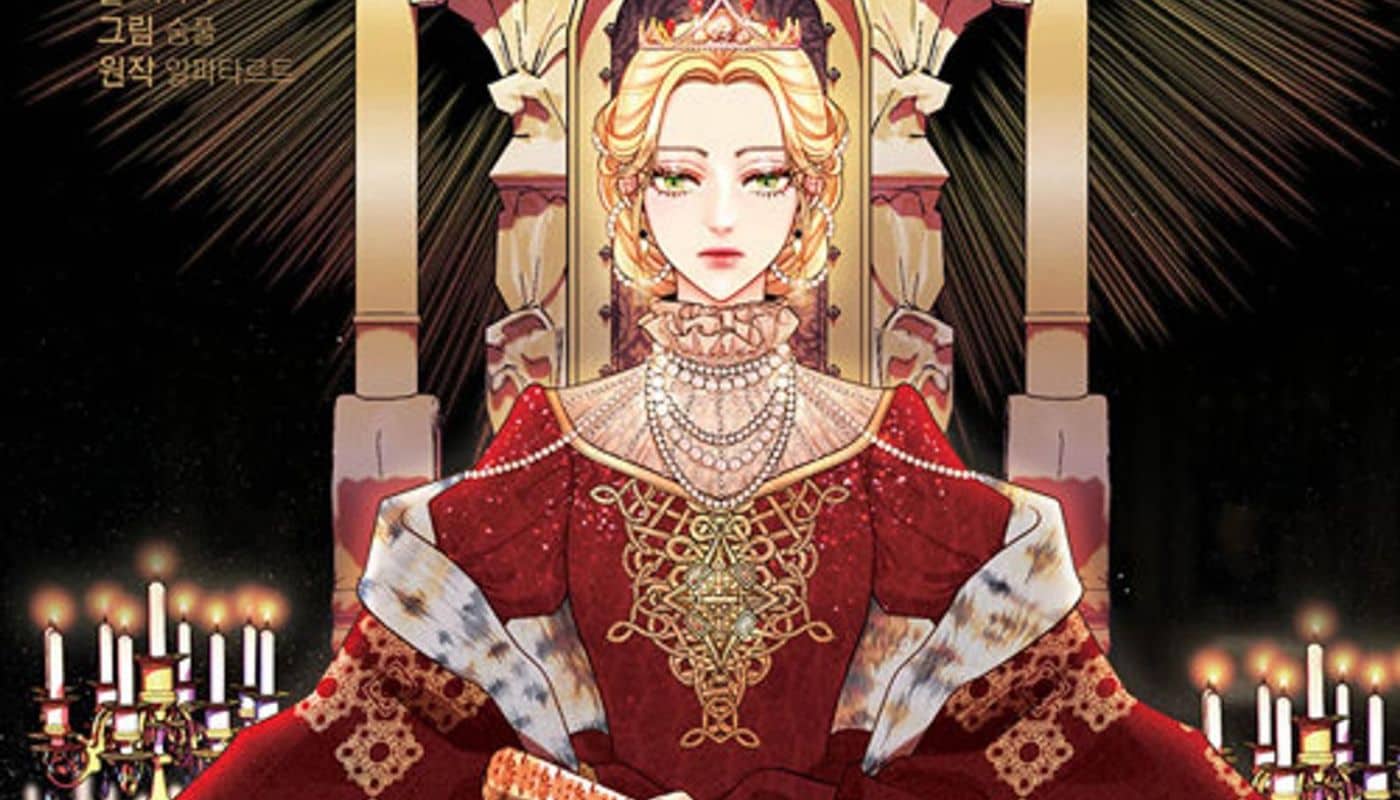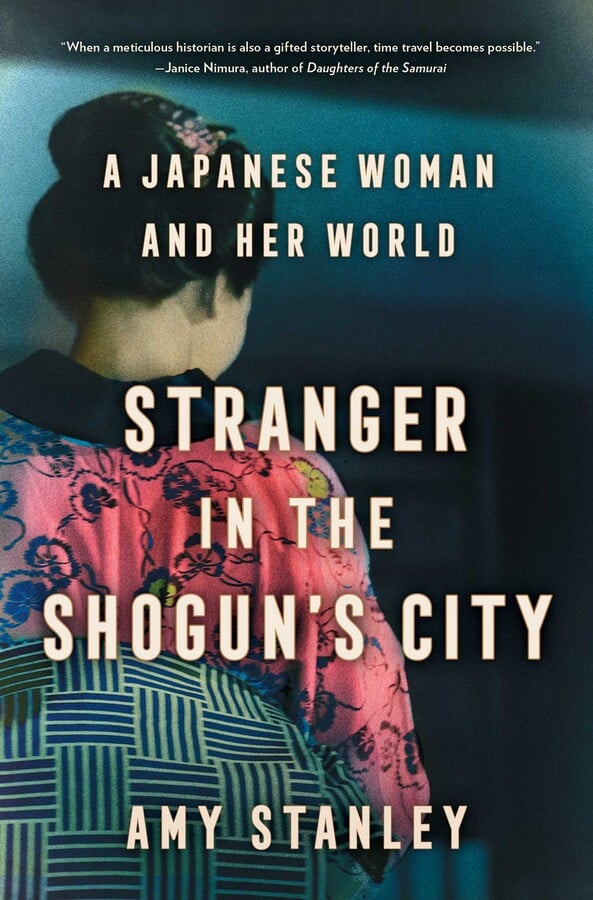“How can such despicable lies flow from these lips?”
In the context of Japanese film in the 1960s, Kon Ichikawa's “An Actor's Revenge” may strike you as an oddity. Considering the experimental cinema of Seijun Suzuki along with the provocative films by Nagisa Oshima, this melodramatic, very theatrical production is indeed somewhat strange and feels very dated in some parts. However, as authors like James Bell highlight, what could have been a tedious prestige project for renowned actor Kazuo Hasegawa became something quite interesting, a precursor to the radical tendencies in Japan's film industry which were about to come in the years after the film's release.
Following the financial failure of his last film, Ichikawa's bosses at Daiei studios wanted him to helm the project. Based on a newspaper series by Otokichi Mikami from the 1930s, the material indeed struck Ichikawa as rather old-fashioned and bulky. Nevertheless, considering Hasegawa began his career as a famous figure on the kabuki stage in his home country, a decision was made to emphasize the artificial nature of the narrative rather then cover or change them. Since he had always been a supporter of a “playful modernity” (Espen Bale) in terms of storytelling and form in the end “An Actor's Revenge” would prove to be a wonderful opportunity to experiment and produce something quite unique for Japanese cinema at the time, which the film is still today.
“An Actor's Revenge” is screening at Nippon Connection

The story takes place in the 1830s in feudal Japan when a kabuki company from Osaka comes to Edo for a number of guest performances. Their most famous star is Yukinojo (Kazuo Hasegawa), an onnagata, who has people swarming into the small theater to see him, as well as his co-stars, on stage. However, Yukinojo has different things in mind than just his performance since his plan to take revenge for the death of his parents is about to take form when he sees Sansai Dobe (Ganjiro Nakamura) attending the performance one evening along Lady Namiji (Ayako Wakao), a mistress of the shogun.
Convinced of his skills as an actor as well as his physical beauty, Yukinojo uses all of his charm to impress Namiji and eventually becomes her lover. While his influence on Dobe and his two most loyal merchants, Kawaguchiya (Saburo Date) and Hiromiya (Eijiro Yanagi) increases, he also becomes aware of the potential disastrous repercussions of his revenge.

In what seems like an insignificant discussion first, some audience members debate the play itself as well as its cast before delving in a blend of local gossip, news and antipathy between the Edo and the city of Osaka, where the theater company is originally from. Essentially one of the many instances of teichoscopy in the film's exposition, the dialogues serve as an introduction to the mood of Ichikawa's film but also its core themes of deception and corruption. Topics, such as the increase in the price of rice or the omnipresent poverty in the streets, give an important insight to the people enduring the consequence of a system defined by inaction, greed and rigidity. Because times have become cruel and desperate for some, the arts prove to be a more than welcome distraction from the grim reality of the streets, or a way to evade facing the problems through much needed action.
Nevertheless, the overall structure of the film, especially the use of widescreen mimicking a kabuki stage, presents these problems on a heightened scale. Even though Ichikawa's approach stresses the abstract and the odd elements of the actions, most specifically the sappy melodrama, it also presents the “two faces” of this society. In that regard, the formal approach perfectly suits the “fakeness” of these people and their motives. Of course, a protagonist hiding his true nature and gender behind a mask, formalities and sweet words, is the perfect avenger in this world.

Fittingly, an experienced actor such as Kazuo Hasegawa relishes the ambiguity of his character, or rather characters since he also plays the Robin Hood-like thief Yamitaro. Underneath Yukinojo's effeminate voice – underlined by the occasional use of voice-over – you can witness a scheming character driven by revenge, not unlike the merchants he is after motivated by greed. As an interesting, if somewhat exhausting sub-plot, the script also frequently shows how Yukinojo seems to be at odds with the obvious cruelty of the revenge paving the way for more of the aforementioned melodrama.
In the end, “An Actor's Revenge” is a noteworthy entry in Japanese cinema of the 1960s. While its embrace of the melodrama and the theatricality of the story may irritate some, its themes, performances and formal creativity will likely find many admirers.
Sources:
Bell, James (2018) The Eclectic Cinema of Kon Ichikawa
Bale, Espen (2018) Kon Ichikawa


